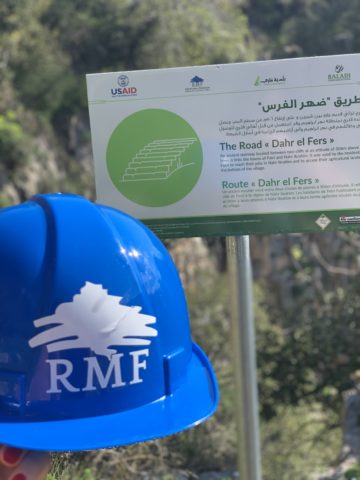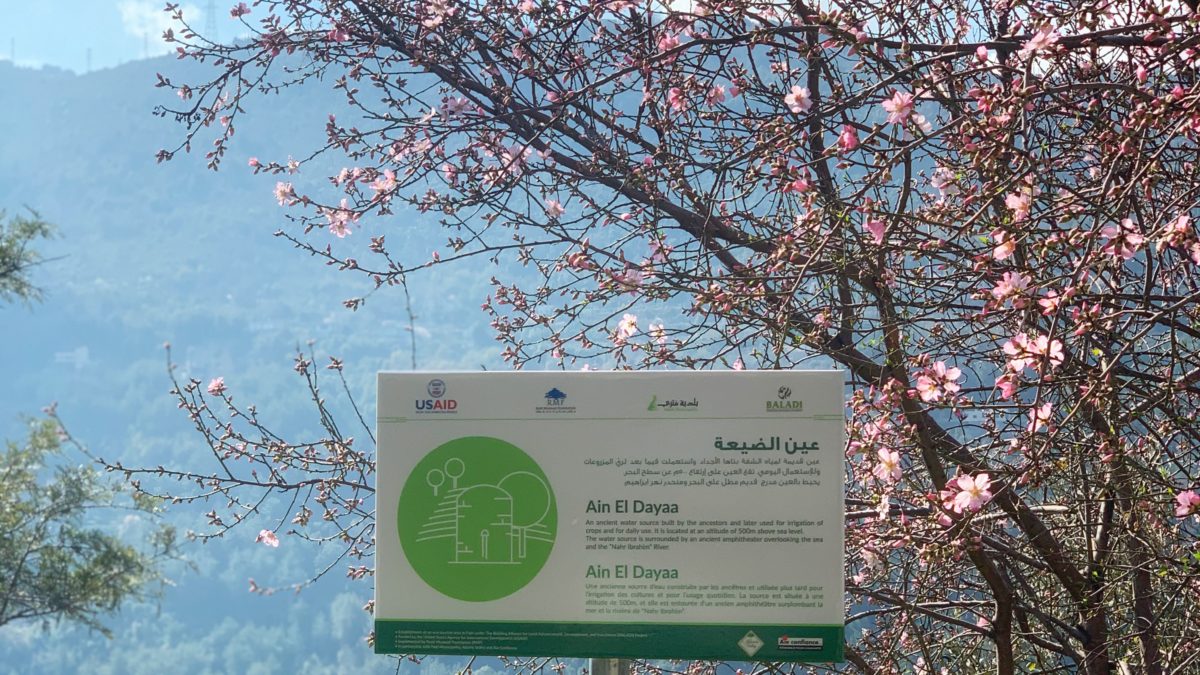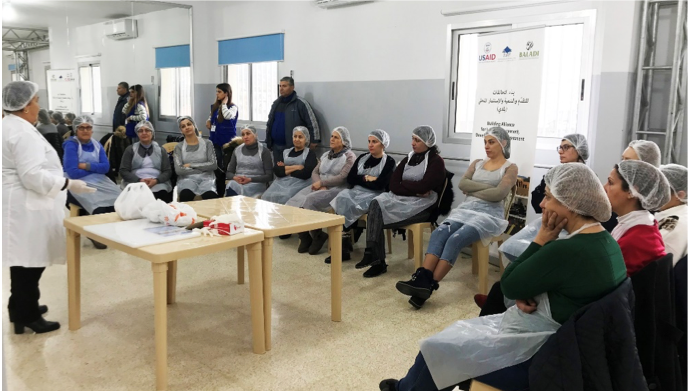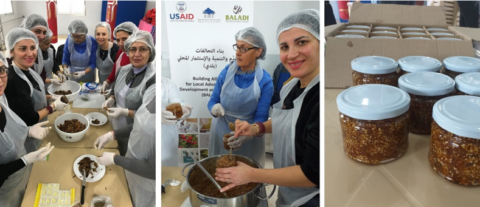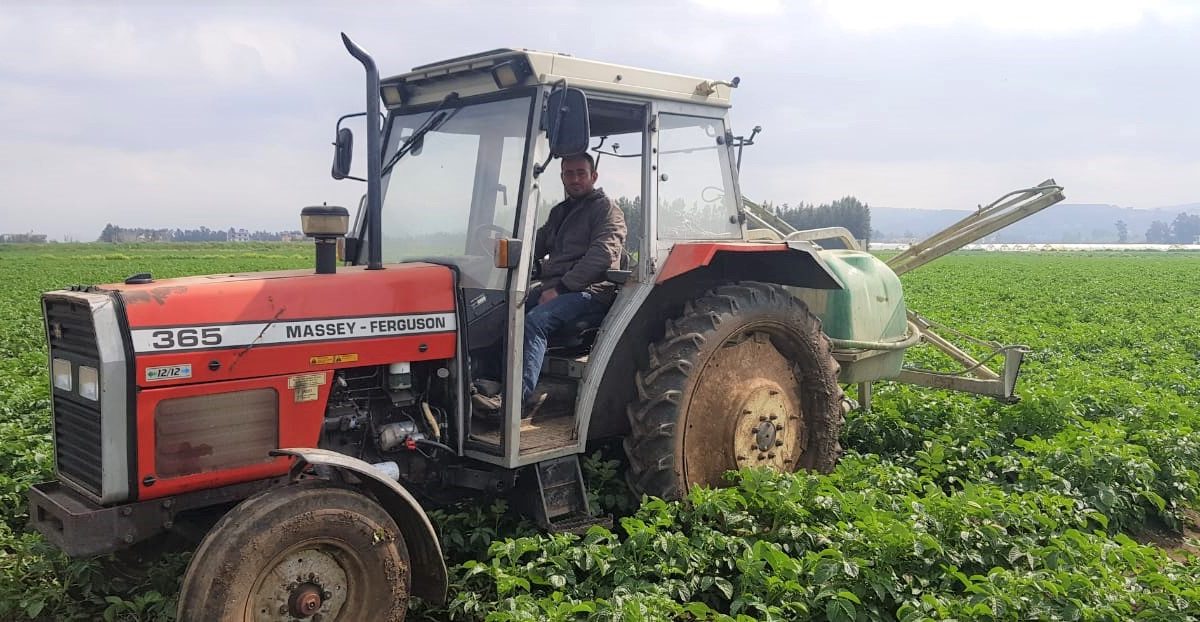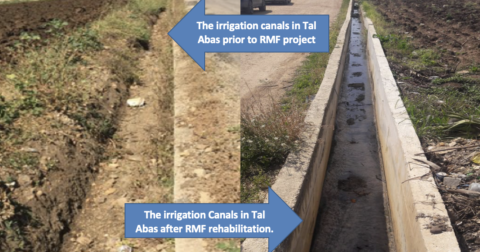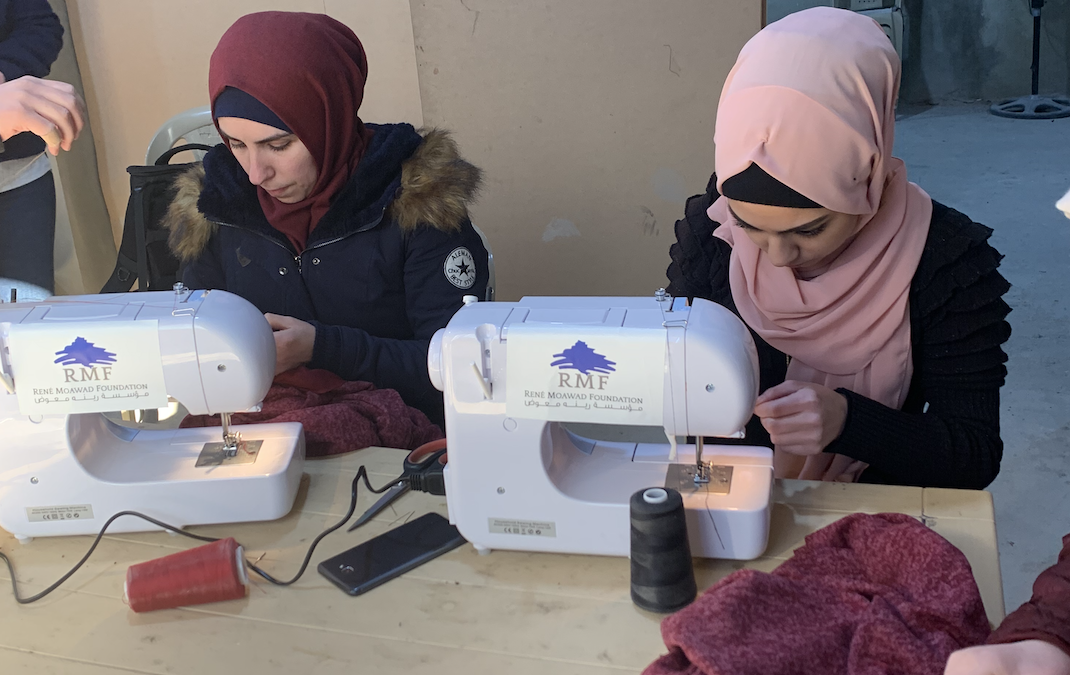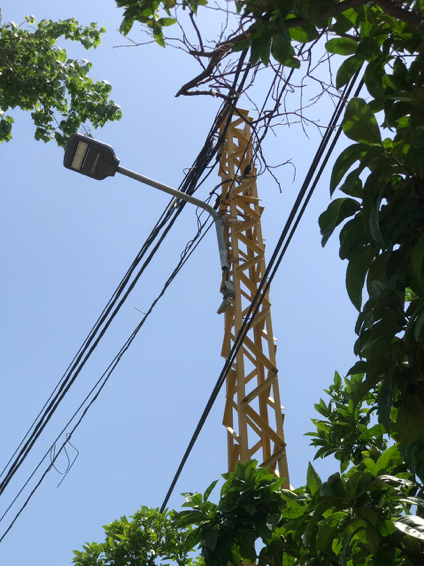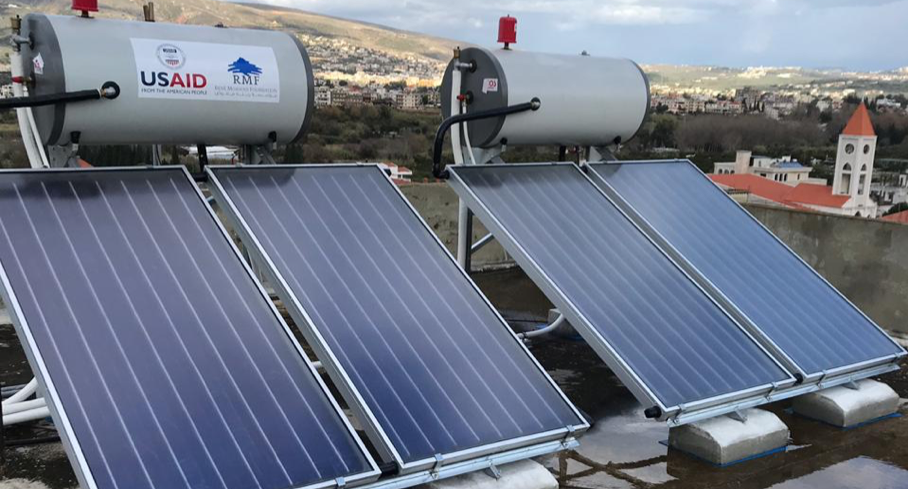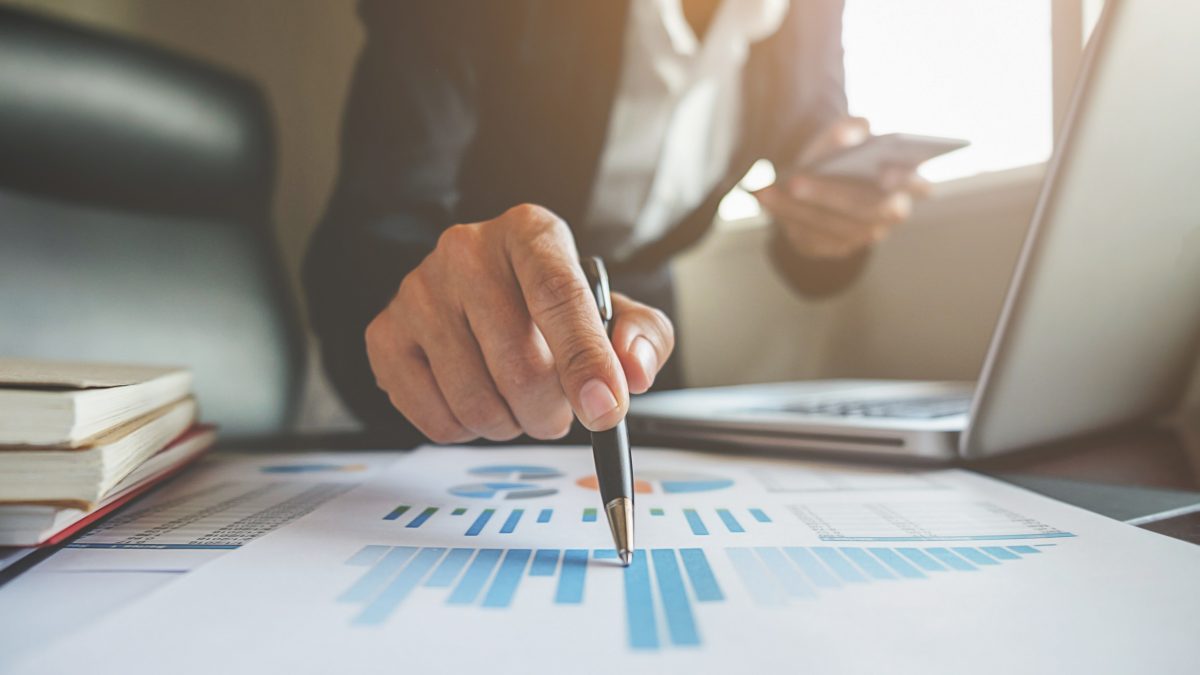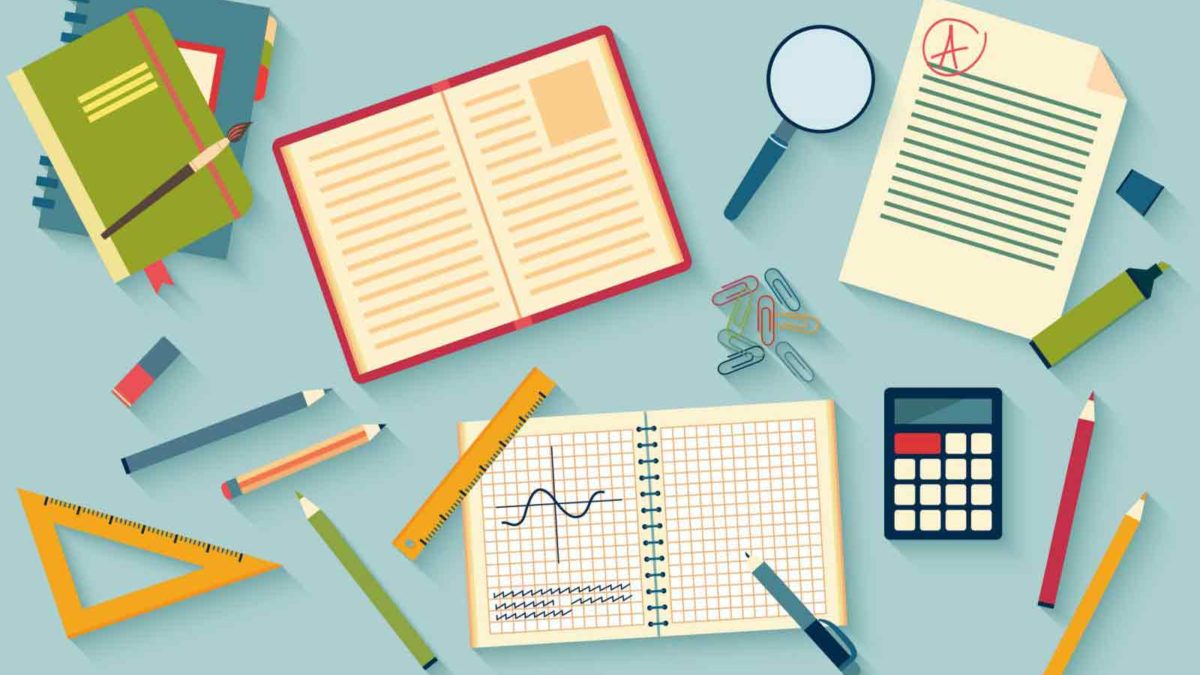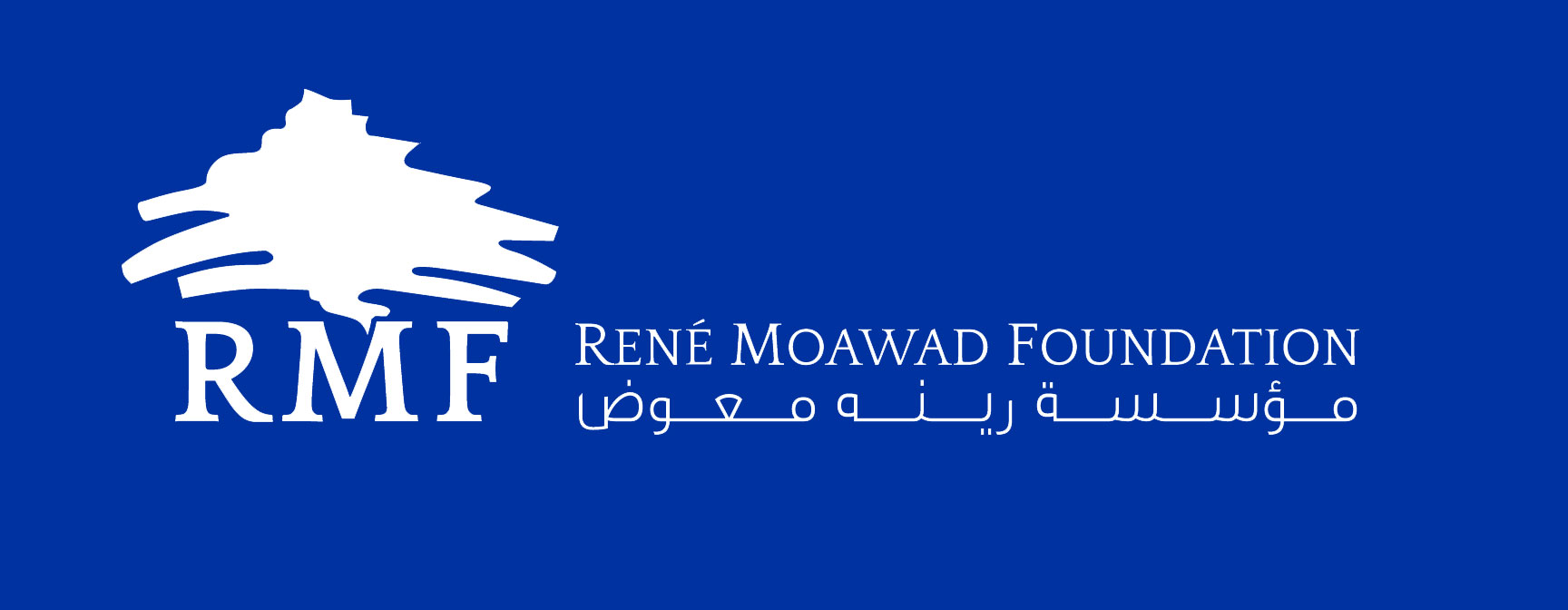René Moawad Foundation (RMF) requests you to submit your proposal for participating in the tender for empowering farmers with tools for measuring soil water content for better irrigation scheduling. Procurement of soil moisture sensors, within the framework of implementing the project “Strengthening Exports of Fruits and Vegetables from Lebanon to European and Regional Markets” funded by the Kingdom of the Netherlands.
Under Strengthening Exports of Fruits and Vegetables from Lebanon to European and Regional Markets Funded By The Kingdom of the Netherlands:
| RFP Release Date: |
03-Jan-2020 |
| Proposal Submission Deadline: |
20-Jan-2020 |
I. Introduction
A. Company Background
René Moawad Foundation (RMF) is a Lebanese non-profit, non-political, non-sectarian organization that was established on November 22, 1991 two years after President René Moawad’s assassination, who was elected President of the Lebanese Republic on November 5, 1989 and killed 17 days later. President René Moawad believed in a strong and democratic state and fought for a progressive and modern Lebanon, a peaceful Lebanon, which embraces the values of democracy, human rights, moderation and pluralism.
B. Program Background
Enhanced economic advancement in Lebanon through the strengthening of 4 specific value chains (grapes, potatoes, cherries and avocados) towards improved exports by supporting the export enabling environment among concerned stakeholders and chain actors including farmers, SME’s, exporters, government bodies and private sector mainly in affected remote areas:
O1: Capacities of targeted farmers within four value chains enhanced to produce improved and competitive agricultural products that comply with buyer requirements through capacity building, provision of tools and equipment and usage of new technologies.
O2: Capacities of exporters and post-harvest handling facilities enhanced through trainings, linkages to EU, GCC and window markets, assessment of facilities leading to increased export of targeted value chain products.
O3: Governmental bodies working across the four targeted value chains have enhanced facilities, best practices, linkages and networks supporting the facilitation of export process and upgrading the value chains.
O4: Improved support for children and youth in the four targeted value chains.
II. Purpose
RENE MOAWAD FOUNDATION (RMF) requests you to submit your proposal for participating in the tender for 1.4.1 EMPOWERING FARMERS WITH TOOLS AND EQUIPMENT; 1.4.1.1 EMPOWERING FARMERS WITH IRRIGATION AND WATER RESOURCES within the framework of implementing the project “Strengthening Exports of Fruits and Vegetables from Lebanon to European and Regional Markets” funded by the Kingdom of the Netherlands.
A. Scope of Work
Empowering farmers with tools for measuring soil water content for better irrigation scheduling. Procurement of soil moisture sensors.
B. Deliverables
| Item # |
Equipment |
Quantity |
| 1 |
Gouge auger set for stepwise sampling |
5 |
| 2
Option #1 |
Soil Moisture Sensor with minimum 1,5m Wire |
2,400 |
| Soil Moisture Sensor with spigot end with minimum 1,5m Wire |
2,400 |
| Handmeter to read any number of Sensors |
2,400 |
| Sensor insertion tool |
10 |
| 2
Option #2 |
Tensiometers to measure soil water potential, 30cm Shaft |
200 |
| Tensiometers to measure soil water potential, 50cm Shaft |
2,400 |
| Tensiometers to measure soil water potential, 90cm Shaft |
2,200 |
III. PROPOSAL PREPARATION AND SUBMISSION REQUIREMENTS
A. Instructions for Proposal Preparation
The selection committee will evaluate the Offerors based upon their written technical and cost proposals. Each section will be evaluated according to the criteria for evaluations in Section V. Offerors are expected to examine the specifications and all instructions in the RFP. Failure to do so is at the Offeror’s risk. Interested Offerors must provide the following:
1. Technical specification
- Organization Overview.
- Given models provided for information, only. Offered items can be same, similar or better quality but different models and brands are acceptable.
- Chinese brands are not acceptable.
- Installation Manuals in English, preferably Arabic.
- Item #1 is mandatory and you can submit your proposal for either option 1 or 2 in item #2.
- Sample provided for each item upon proposal.
- To be delivered to our office in Mejdlaya, Zgharta.
- Two training days on installation for staff.
2. EQUIPMENT SPECIFICATIONS
- Equipment: Manual auger set 60 mm
Quantity: three sets
Specifications: Hand-operated equipment can be applied for soil research up to a depth of 5 meters. The gouge augers have a mutual quality; they are to be all fitted with an almost half cylindrical operational part with parallel cutting edges running vertically. There should be a selection of the most suitable diameter between 20 and 60 mm depending on the composition and the structure of the soil and on the purpose of the research. The bi-partite gouge augers to be able to be extended by coupling an extension rod. In this way, samplings can be carried out in a very short time and greater depths can be reached. The bi-partite gouge auger set should be a standard set for sampling in more or less soft soils to a depth of 5 meters. The set should have a bayonet connection and contains gouge augers with various lengths and diameters, an auger, extension accessories, push-/pull handle and a strong carrying bag for transport in the field.
- Equipment: Soil Moisture Sensor with minimum 1,5m Wire Similar to Model 200SS Watermark. Quantity: 2,400
Specifications: The soil moisture measurement device, or sensor, shall represent soil moisture status in units of soil water tension or matric potential, registering in centibars (cb) or kilopascals (kPa) when read with a compatible reading device. Its construction shall be of the Granular Matrix Sensor (GMS) type and require no on-site calibration or routine maintenance.
Features:
0-200 Centibar range
Stainless steel enclosure
Fully solid state
Will not dissolve in soil
Not affected by freezing temperatures
Internal compensation for commonly found salinity levels
Inexpensive
Easy to use
No maintenance necessary
Can be installed on pipe
- Equipment: Soil Moisture Sensor with spigot end with minimum 1,5m Wire similar to Model 200SS-5-S Watermark
Quantity: 2,400
Specifications: Multiple sensors can now be installed on a single piece of PVC pipe. The sensor is constructed with the mesh sensor located between two spigot ends for mounting to the PVC pipe. The soil moisture measurement device, or sensor, shall represent soil moisture status in units of soil water tension or matric potential, registering in centibars (cb) or kilopascals (kPa) when read with a compatible reading device. Its construction shall be of the Granular Matrix Sensor (GMS) type and require no on-site calibration or routine maintenance. It shall be durable, long-lasting, not subject to dissolving in a wet soil environment with an outer surface of stainless steel and ABS plastic.
Features:
0-200 Centibar range
Stainless steel enclosure
Fully solid state
Will not dissolve in soil
Not affected by freezing temperatures
Internal compensation for commonly found salinity levels
Inexpensive
Easy to use
No maintenance necessary
Can be installed on pipe with pipe spigot ends
- Equipment: Handmeter to read any number of Sensors
Quantity: 2,400
Specifications: The compatible AC or DC or other reading device should be supplied with the Soil Moisture Sensor (equipment 2 or 3 above). The meter is a hand held device designed for reading sensors in the field. The digital readout displays the sensors’ soil moisture status in centibars (cb) or kilopascals (kPa) of soil water tension. This value represents the energy a plant’s root system uses to draw water from the soil. Whereas higher tension values indicate dryer soil, lower tension values indicate wetter soil. The meter’s replaceable cable assembly has spring-loaded clips for attaching to sensor leads. The meter comes in its own nylon case, padded and zippered for safekeeping when not in use. Users only need one meter to read any number of sensors.
Features:
Solid state, digital hand-held, alternating current resistance bridge meter for reading standard Sensors.
Adjustable for soil temperature variations.
Touch pad-operating panel with LCD display.
Digital readout with self-test function.
Quick release cable assembly is field changeable.
Includes durable case, 9-volt battery and field replaceable cable assembly.
Only one meter is necessary to read multiple Sensors
- Equipment: Sensor insertion tool
Quantity: 10
Specifications: Installation tools for Sensors – Makes installations easier when soil is moist. Tool will perform the following procedures:
- Tee handle style tool, for inserting a Sensor up to 76 cm into a borehole created by one of the other soil tools.
- It has an internal ejection rod inside the tube to push the sensor off of the tool once it’s fully inserted into borehole
- Equipment: Tensiometers to measure soil water potential
Quantity: 30cm Shaft, 200 ; 50cm Shaft, 2,400 ; 90cm Shaft, 2,200
Specifications: The Tensiometers will measure the actual soil water tension, which indicates the effort required by root systems to extract water from the soil. Because the Tensiometer is a true measurement of soil water potential, the instrument will not be affected by salinity and will not require site calibration. Tensiometers will offer exceptional good water holding properties and very fast reaction on changes of soil water potential. Tensiometers will have a measurement range of 0 – 100 kPa (0 – 1000 hPa) soil water potential, and the manometer has a self-explanatory colour coding for easy understanding of measurement value also by unskilled field workers. The manometer is completely water & dust proof sealed. In addition, these Tensiometers could have an exchangable ceramic tip, so the tip can be exchanged in case it gets damaged.
B. Instructions for Submission of Proposal
- The technical and price proposals shall be separately bound and identified as such (or sent via email). Each volume shall be clearly identified with the RFP number and the Offeror’s name.
All responses to this RFP must be received no later than the submission deadline on the cover page of this RFP to:
| Rene Moawad Foundation
Achrafieh, Alfred Naccache Street, Al Mohameen Bldg 6th floor |
| Attention: |
Carla Hammoud |
| Email: |
[email protected] |
Faxed offers are not acceptable.
- All inquiries and requests for information regarding this RFP must be submitted by email to [email protected] no later than 15 January 2020. Reference the RFP number in all questions/inquiries.
IV. CRITERIA FOR EVALUATION
Rene Moawad Foundation will evaluate proposals based on a best-value determination; Offerors should submit their most competitive price proposal. Proposals will be evaluated using the following criteria:
60% Technical Evaluation
40% Financial Evaluation
The evaluation committee will review the technical proposal based upon the technical criteria listed above. The cost proposals will be reviewed to ensure they are complete and free of computational errors. The committee will also assess the reasonableness of costs and the cost-effectiveness of the budget, and will determine whether the costs reflect a clear understanding of project requirements. A contract will be offered to the responsible Offeror whose proposal follows the RFP instructions and is judged the most advantageous to Rene Moawad Foundation.
V. SOLICITATION PROCESS
Once the RFP is released, the Offerors must prepare a formal proposal to be sent to the contact person at Rene Moawad Foundation as indicated in Section III (b) (1). The submitted proposals will be reviewed against the criteria for evaluation defined in Section IV above and rated on their ability to satisfy the requirements stated in this RFP document. A preferred Offeror will be chosen and formally notified. A formal contract will be negotiated with the selected Offeror and, if endorsed, the Offeror will begin work on the project.
VI. TERMS AND CONDITIONS
A. Late Submissions
Proposals received after the submission deadline stated in the cover page of this RFP may not be considered. Offerors will be held responsible for ensuring their quotations are received according to the instructions stated herein. A late offer will be considered if the cause was attributable to Rene Moawad Foundation or its employees/agents, or if it is in the best interest of Rene Moawad Foundation.
B. Modification of RFP Requirements
Rene Moawad Foundation retains the right to terminate the RFP or modify the requirements upon notification to Offerors.
C. Withdrawals of Proposals
Proposals may be withdrawn by written notice via email at any time before award. Proposals may be withdrawn in person by an Offeror or authorized representative, if the representative’s identity is made known and the representative signs a receipt for the proposal before award.
D. Right of Negotiation and Acceptance of Proposal
This RFP represents a definition of requirements and is an invitation for submission of proposals. Rene Moawad Foundation reserves the right to fund/award any or none of the submitted proposals. No commitment is made, either expressed or implied, to compensate Offerors for costs incurred in the preparation and submission of their proposal.
Rene Moawad Foundation may reject any proposal that is nonresponsive. A responsive proposal is one that complies with all terms and conditions of the RFP. A proposal must be complete, signed by an authorized signatory, and delivered no later than the submission time and date indicated on the cover sheet of this RFP. Rene Moawad Foundation may reserve the right to waive any minor discrepancies in a proposal.
Rene Moawad Foundation reserves the right to issue an award based on the initial evaluation of proposals without discussion. Rene Moawad Foundation also reserves the right to enter into best and final negotiations with any responsive Offerors for all or part of the proposed scope.
E. Validity of Proposal
Proposals submitted shall remain open for acceptance for 60 days from the last date specified for receipt of proposals. This includes, but is not limited to, pricing, terms and conditions, service levels, and all other information. If your organization is awarded the contract, all information in the RFP and negotiation process is contractually binding.
